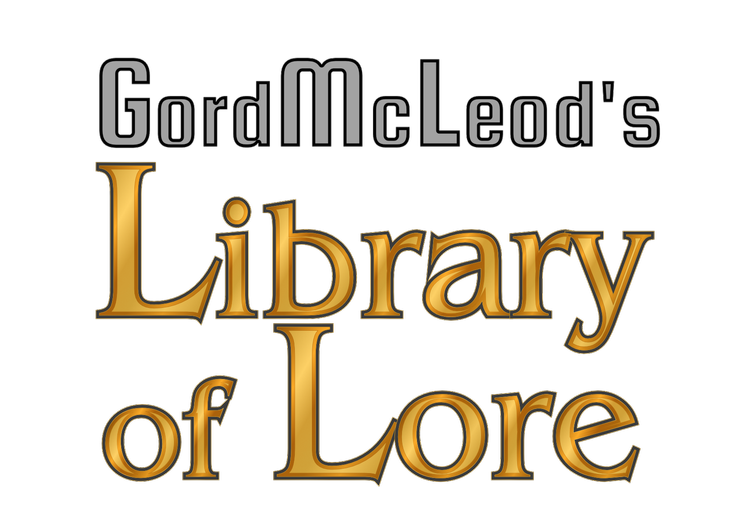They retired to the study and Tremaine shut the door. No sooner had he done that than he let out a long breath, and Altman watched age catch up with the man before his very eyes. With a wan smile, his great-uncle took a seat by the fire.
“I can’t begin to say how grateful I am that you came, Altman. Time is growing shorter by the hour, and I have precious few of those left.”
He rose and moved to a small end table by the couch Altman sat upon. A lamp burned upon it, casting shadows that obscured the contents of the drawer Tremaine opened; he withdrew what looked like a dull gray metal box. Placing it upon the table between them, he unlatched the box and swung the lid over. In the dim light of the study, Altman saw a telltale blue glow. “Is that …”
“Electrite, yes. You know it by sight?” His cataract-covered eyes showed how impressed he was; electrite was rare indeed.
“Yes, I’ve worked with it before … very recently, indeed. I set aside some experiments with it to come here.”
“Then it’s even more appropriate than I realized that I brought you here, and saves considerable time.” His face bore a look of supreme satisfaction; Altman’s curiosity was burning him up from within.
“You brought me here to see this? Where did you get it? I found the tiniest little deposit of it in the hills at the head of the valley, but nowhere near enough to be of interest.”
“Ahh, but the source this came from is much, much closer than that. No more than a quarter-hour’s walk, at least for one as young as you. I’ll show you in the morning where this came from. It’s quite a sizable source, nephew. If the Conclave knew …”
“Why are you telling me this, uncle? We’ve just met, you don’t know me at all. If what you say is true, you’ve been sitting on a fortune for many years and told nobody. You’ve been in contact with the Academy and who knows who else at the Conclave, and obviously you’ve never let on what you have here, or—”
“Yes, yes. Or they’d have swooped in claim faster than a dog scratches flees. And you’re right, Altman. I don’t know you.” His cataract-clouded eyes looked somehow sharp. “But we are family, and there’s no one else. My time here is just about over, and the way I see it, if you do go running to the Conclave, there’s little enough I can do about it and even less reason I should worry about it. It’d be an awful shame for you if you did though.” He closed the lid of the metal box; Altman realized it must be lead, to shield against the radiation of the electrite.
“It’s true you could make a lot of money by letting the Conclave in on this little secret. Frankly, the deposit of electrite we’re talking about is the largest I’ve ever heard of, and for it to exist so close to them, right under their noses … well, they’ll be eager to get their hands into it.” He chuckled a little.
“Why don’t you tell them of it? There’s so much the researchers could learn and do with it. It almost seems a crime to keep it hidden away.”
“And that, young nephew, is exactly why I don’t tell them. What would happen to it if I did tell them, hmmm? They’d lay their claim, they’d build their mines and their roads, they’d dig their ores, they’d poke it and prod it in their labs, and they’d learn their secrets, and … what? And nothing, that’s what. That’s as far as it goes with them.” By the time he finished that tirade, his face was dark with anger.
“Oh I don’t blame Calland or my friends. They’re decent enough men, doing the best they can under the circumstances. But the Conclave council are fond of their secrets, and in my years studying electrite, I can tell you boy, it has some secrets all right. But what good does it do anyone when the secrets are kept hoarded, locked up?”
“It keeps—” Altman started.
“It keeps dangerous knowledge out of the hands of those who don’t know any better, of course. But the question becomes—”
“—Who are they to decide what’s too dangerous,” Altman finished.
“Yes. They treat the world as children, nephew, children too curious for their own good. I don’t know about you, but I tired of that kind of treatment many years ago.”
